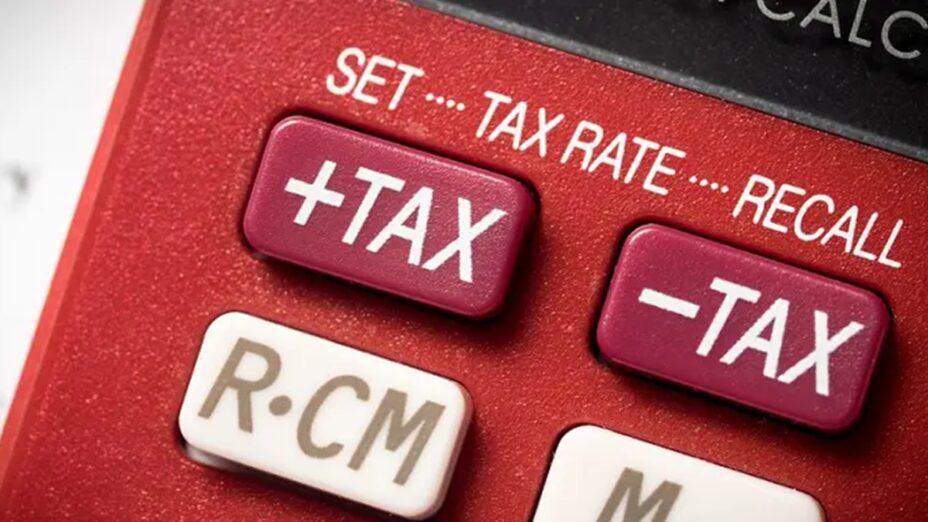Dutch gaming industry association VAN Kansspelen has spoken out against what it describes as the government’s irrational and counterproductive plan to push ahead with a tax rise.
The second stage of a two-step tax increase will come into effect in the Netherlands in January 2026, raising the gambling tax rate to 37.8 per cent of gross gaming revenue.
This follows the increase in January of this year from 30.5 per cent to 34.2 per cent for both land-based and online gaming, which has caused a surge in illegal gambling and led to lower tax receipts for the government.
“Today, the government presented the 2026 Budget Memorandum. As feared, it does not abandon the next increase in gambling tax from 2026, which was already planned last year,” the association said in a statement on Tuesday.
“The sharp downward adjustment in the [tax revenue] estimate now acknowledges that the measure will not lead to the intended additional revenue by a long shot. On the contrary, compared to last year’s estimate, it is now expected to raise almost 25 per cent less. Moreover, the Gaming Authority recently found that the increase is at odds with the gambling policy.”
The industry association highlighted the counterproductive nature of the tax increase and warned that there is no rational argument for implementing a further increase, as it pledged to step up its lobbying efforts in parliament.
The criticism of the planned tax hike was echoed by the Dutch business association Ondernemend Nederland.
“It is time to freeze the amount of the gambling tax,” said Ondernemend Nederland chairman Erik Ziengs in response to yesterday’s budget memorandum. “Especially now that the Gaming Authority has recently determined that the increase does not yield more, but rather less. Instead of the €100 million in tax that the government thought it would rake in extra this year, the revenue will decrease by an estimated €40 million -in other words a setback of €140 million.
“Apart from the criminals who jump into the gap with illegal gambling offers, this race has only losers,” Ziengs concluded.
Last month, the Netherlands Gaming Authority (Kansspelautoriteit -KSA) released its assessment of the impact of the January 2025 tax increase, finding that the objective of increasing government revenue through a higher gambling tax has not been achieved.
The KSA said that due to various developments, the gross gaming revenue of both the online and land-based markets decreased, meaning that despite the increase in gambling tax, tax revenue fell in the first half of 2025.
The regulator also noted an acceleration in the number of land-based gaming venues that are closing, with the total number of venues decreasing by 9 per cent sequentially in the first quarter of 2025. This compares to a past-five-year average rate of decline of 6 per cent annually.
The KSA said in its assessment that “a financially driven measure such as gambling tax is contrary to the policy objective of providing players with more protection. If we want to be able to offer players a protected game environment in the future that presupposes serious responsible providers, a financially sound legal market is essential.”
Tuesday’s budget memorandum from the Netherlands government predicts gambling tax receipts of approximately €1 billion this year, a shortfall of €263 million versus budget.
